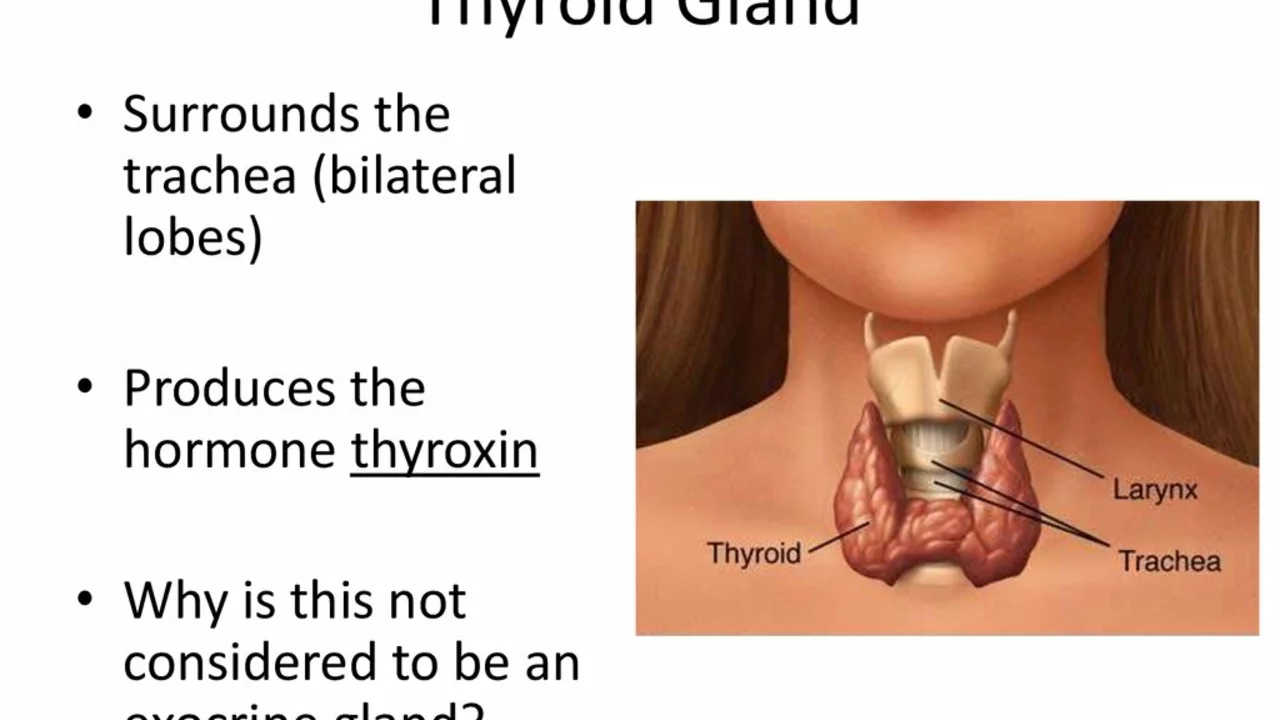Thyroid Function: What It Controls and How to Manage It
Your thyroid does a lot more than control weight — it affects energy, mood, temperature, heart rate, and even digestion. If something feels off and you can’t pin it to sleep, stress, or diet, checking thyroid function is a smart move.
Common symptoms and what tests tell you
Low thyroid function (hypothyroidism) usually shows up as tiredness, weight gain, cold intolerance, dry skin, slow thinking, and hair thinning. High thyroid function (hyperthyroidism) tends to cause racing heart, anxiety, sweating, weight loss, and trouble sleeping. These are clues — not a diagnosis.
The first test most doctors order is TSH. High TSH often points to underactive thyroid; low TSH points to overactivity. If TSH is abnormal, they usually check free T4 and sometimes free T3. For suspected autoimmune causes, tests like TPO antibodies (Hashimoto’s) or TRAb (Graves’) help clarify what’s going on.
Practical treatment steps and everyday tips
For underactive thyroid, the standard treatment is levothyroxine — a daily pill that replaces the missing hormone. Take it on an empty stomach, ideally 30–60 minutes before breakfast, and keep iron, calcium, and high-dose supplements at least 4 hours away because they can block absorption.
Overactive thyroid has several paths: anti-thyroid meds (methimazole or sometimes PTU), radioactive iodine, or surgery. Choice depends on age, pregnancy plans, severity, and personal preference. If you’re on anti-thyroid meds, watch for signs like new bruising or sore throat and report them right away.
Simple lifestyle moves help too. Don’t overload on iodine — both too little and too much can cause problems. If you use supplements, check labels. Selenium might help some people with autoimmune thyroid disease, but ask your doctor first. If you drink a lot of soy or take high-fiber shakes, be aware they can affect how thyroid meds work; timing matters.
Pregnancy changes thyroid needs. Women who are pregnant or trying to conceive should get tested if they have symptoms or a history of thyroid problems. Many need a higher levothyroxine dose during pregnancy and closer monitoring.
Monitoring is straightforward: after starting or changing a dose, TSH is usually rechecked in 6–12 weeks, then less often once stable. Keep a record of your symptoms and meds — that helps your clinician adjust treatment faster than guesswork.
If you notice persistent fatigue, new weight changes, palpitations, swelling in the neck, or mood shifts, book a visit. Small tests and simple medication changes often fix things quickly, and early treatment avoids longer-term issues like cholesterol changes, heart problems, or fertility trouble.
Want a clear next step? Ask your doctor for a TSH and free T4, mention any family history of thyroid disease, and note any meds or supplements you take. That short conversation can point you to faster relief and fewer surprises.

Amiodarone and Thyroid Function: What You Need to Know
Alright folks, let's dive into the wild world of Amiodarone and Thyroid Function! So, this drug, Amiodarone - it's a bit like that unexpected guest who not only crashes your party but also messes with your home's heating system, in this case, your thyroid function. It's an effective treatment for serious heart rhythm problems, but it could potentially lead to either an overactive or underactive thyroid. So, you see, it's a bit of a 'naughty medicine' - working wonders for your heart but potentially stirring up a storm in your thyroid. But hey, don't worry, your doctor is like your personal weather forecaster, monitoring any changes and helping you navigate through it. It's a crazy ride, isn't it? Buckle up, because understanding your body is like exploring a fascinating, unpredictable universe.
